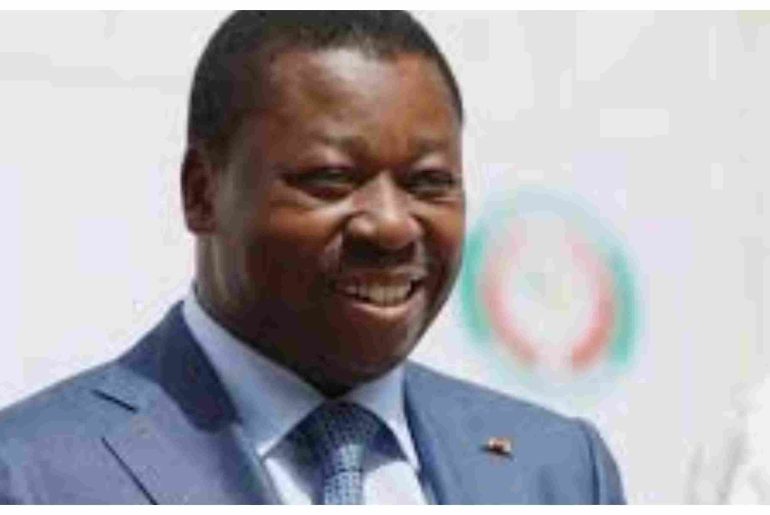Lawmakers in Togo recently made significant changes to the constitution that have sparked controversy and opposition from various groups. The amendments, which affect presidential term limits and the election process, have been criticized as a constitutional coup by some opposition politicians and civil society organizations.
President Faure Gnassingbe initially pushed for these reforms, which were approved by parliament on March 25. However, due to the backlash from the opposition, further consultations were called for, leading to a second parliamentary vote. The final approval of the reforms came just before the legislative elections scheduled for April 29, following delays caused by the issues surrounding the constitutional amendments.
Under the new system, the president will no longer be elected by universal suffrage but by members of parliament. Additionally, the amendments introduce a parliamentary system of government and reduce presidential terms to four years with a two-term limit. However, there is no consideration for the time already spent in office, potentially allowing Gnassingbe to remain in power until 2033 if re-elected in 2025.
Opponents of the changes are concerned that they could lead to further extensions of the president’s 19-year rule and his family’s hold on power. The amendments have been described as a political maneuver to enable Gnassingbe to extend his tenure indefinitely, prompting criticism and calls for action from various groups within Togo and beyond.
The situation in Togo reflects a broader trend in the region, where several African countries have witnessed constitutional amendments that allow presidents to extend their terms in office. The West and Central African region has also experienced multiple military coups in recent years, highlighting the instability and challenges faced in the region.
As Togo grapples with these constitutional changes and the implications they may have on governance and democracy, there is growing concern about the path the country is taking under the leadership of President Faure Gnassingbe.

